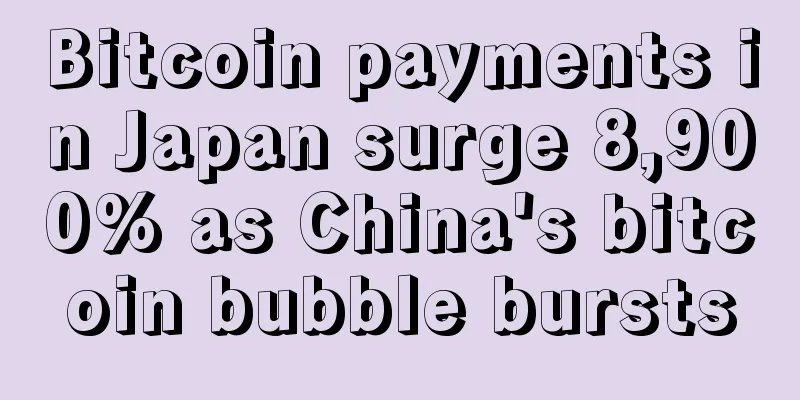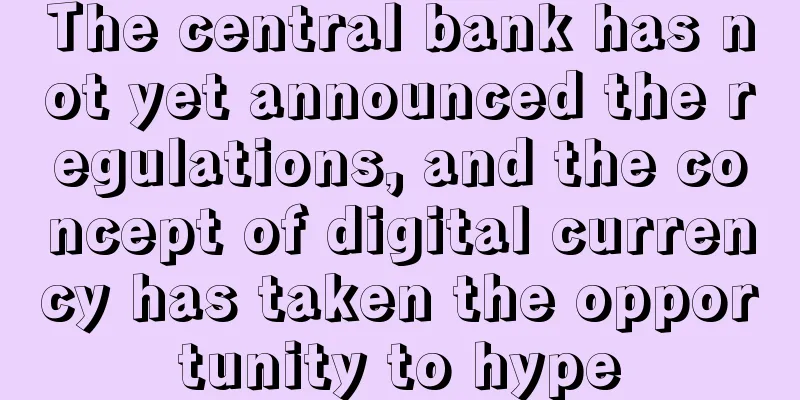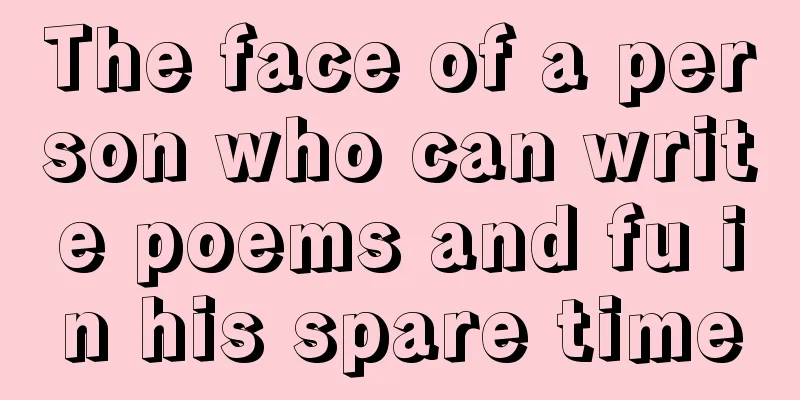Bitcoin payments in Japan surge 8,900% as China's bitcoin bubble bursts

|
Even as China’s bitcoin bubble bursts, it is booming in Japan. Today, the era of free Bitcoin transactions in China officially came to an end. According to announcements from Huobi, OKCoin and BTC China, the three major Bitcoin trading platforms in China began charging transaction fees starting at 12:00 noon on the 24th. Some analysts believe that one of the reasons why China has dominated Bitcoin trading volume in recent years is that there are no transaction fees, which has boosted the demand for Bitcoin transactions in China. However, when the price of Bitcoin soared to near its historical high, Bitcoin also attracted the attention of regulators. Recently, Chinese regulators have stepped up their supervision of Bitcoin. Earlier this month, the People's Bank of China entered the three major Bitcoin trading platforms to conduct investigations and demanded rectification. Subsequently, the three major Bitcoin exchanges announced that they would stop leverage (financing and lending) business. Bitcoin prices also plunged sharply. However, in another country, Japan, Bitcoin transaction volume is surging. Not only that, there are 5,270 merchants and websites accepting Bitcoin as a payment method, and the amount of payments using Bitcoin has increased by 8,900% this month. According to Cryptocoins News, Kagayaki Kawabata, head of business development at Japan's largest Bitcoin exchange, said that a major factor in the surge in Bitcoin trading volume is that Japan will implement a new virtual currency law this spring. Kawabata believes the new law could help drive a new trend in Japan, where people are changing their mindset and starting to see bitcoin as more than just an investment tool. CoinCheck also provides bitcoin payment processing services for merchants.
He added that Bitcoin was once considered a geek's toy, but is now undergoing a dramatic change and is seen as a legitimate currency; this shift in perception may have led some traditional traders to start trading Bitcoin or other electronic currencies, which has unexpectedly led to a significant increase in electronic currency trading volume. Kawabata also said that the introduction of this law has made Bitcoin a darling of the Japanese media.
When looking at the future of electronic money, Kawabata is quite optimistic. He believes that there are many factors that have led to the surge in trading volume, not just coincidences, and said, "We believe that the electronic money market will grow significantly in the next few years. Many large companies and banks have begun to show interest in electronic money and have begun to experiment with blockchain technology." Ironically, Japan was also the first country to suffer massive Bitcoin losses. Wall Street Journal previously mentioned that Mt. Gox, a large Bitcoin trading platform, filed for bankruptcy in 2014. Mt. Gox estimated that the company's Bitcoin losses amounted to approximately $480 million, including 750,000 units of Bitcoin from customers and 100,000 units held by the company itself, which together accounted for approximately 7% of the global Bitcoin issuance. This once again proves that human memory is often quite short in the face of potential profits. Of course, even if Japan's second round of Bitcoin bubble fails again, there will be other countries in the world that will warmly welcome electronic currency. |
<<: Coin Zone Trends: Bitcoin Price Trends Based on Big Data This Week (2017-01-24)
>>: China's Bitcoin transactions freeze after free trading era ends
Recommend
Are men ruthless or do women deserve it? Which kind of women are easily abandoned?
Women all hope that their marriage will last fore...
Reveal the facial features of rich wives, do you have these features?
Nowadays, many girls have the dream of marrying i...
Face and destiny about women. What is the face of an unlucky woman?
Women with narrow foreheads are not blessed. Wome...
Finger gap and destiny prediction
A person has five fingers and there are four gaps...
Face reading tells you who is the most stingy and likes to care about things
Everyone has his or her own personality. Some peo...
How to analyze the fate and personality of a woman with a high forehead
What is the personality and destiny of a woman wi...
A woman with bad luck is destined to have a hard time enjoying happiness
1. Women with narrow foreheads have bad luck in t...
The best marriage luck for women
The best marriage luck for women As the saying go...
HaoBTC Enterprise Safe Supports the World's First Refundable Crowdfunding Ant ICO Project
Since its launch, HaoBTC Enterprise Safe has been...
Is it good to have fox eyes?
Sometimes eyes are very important for women who l...
WAVES ICO raised $2 million on the first day
We previously reported that WAVES was planning to...
210 million USD in trading volume, Bitcoin Storage looks forward to more
Bitreserve is a Bitcoin payment processor. In les...
What kind of women make men salivate
What kind of women make men salivate The curved e...
Palmistry for a difficult relationship
This article will discuss a kind of line pattern ...
A comprehensive analysis of Zhao Benshan's physiognomy
A comprehensive analysis of Zhao Benshan's ph...









